Research Program
The Center for the Science of Moral Understanding has an ongoing research program with diverse lines of research, each investigating the drivers of intolerance—and how better to overcome them.
Featured research
Personal experiences bridge moral and political divides better than facts
Our society has long emphasized the importance of facts, and rightly so: appreciating facts is essential for reliable science, effective medicine and good governance. However, when it comes to bridging political divides, our research reveals sharing stories of personal experience is the best route to fostering respect. Beyond using facts to form a persuasive argument, we show personal experiences are perceived as more true in interpersonal conversations which increases respect.
See the paper in Proceedings of the National Academy of Sciences and coverage of the article in USA Today and Inverse.
Ongoing Research
We All Share the Same Moral Mind
It is easy to focus on differences, but the way to build connections is by emphasizing similarity. Other work argues that liberals and conservatives have fundamentally different moral minds, but our work shows that we all make moral judgment in the same way: based upon our understandings of what is harmful. When liberals and conservatives debate immigration and abortion it is not because they have a different set of moral “switches” but because they see these acts as causing different kinds of harm. By emphasizing the shared importance of harm, we can reduce animosity. This project’s potential to bridge divides was recognized by the FRANK Grand Prize for Journalism.
Acknowledging Rationality Is the Key to Civility
Rationality is a cornerstone of democracy and economics, and we have discovered that perceiving rationality is key to moral understanding. Liberals and conservatives often view each other as not only misguided, but also irrational, acting against their own self-interest. This project explores how perceived irrationality helps to drive moral conflict. Across diverse studies, our data reveals that people are more willing to engage in dialogue with political opponents when they view them as more rational. These studies also reveal empirically backed ways of increasing this perceived rationality.
When Ideas Seem Dangerous
Any functioning democracy requires the free exchange of ideas. One route to intolerance is believing that other ideas are dangerous. When you think mere discussion of a viewpoint leads to harm, dialogue becomes impossible. This project identifies when and why ideas seem dangerous, focusing on the changing features of how and when people are exposed to ideas. Perhaps the constant assault of opposing viewpoints as you scroll through your phone in bed increases feelings of threat and creates defensiveness.
Assumptions of Vulnerability
People differ in their moral viewpoints, but it is unclear why. If we all share the same harm-based mind, how does moral disagreement arise? Studies reveal that moral differences arise from different assumptions of vulnerability. People across time, culture, and politics see different entities as susceptible to being harmed. For example, conservatives are more likely to feel that corporate leaders can suffer harm, whereas liberals are more likely to feel that the environment can be damaged. These different fundamental assumptions underlie competing moral judgments and political priorities.






